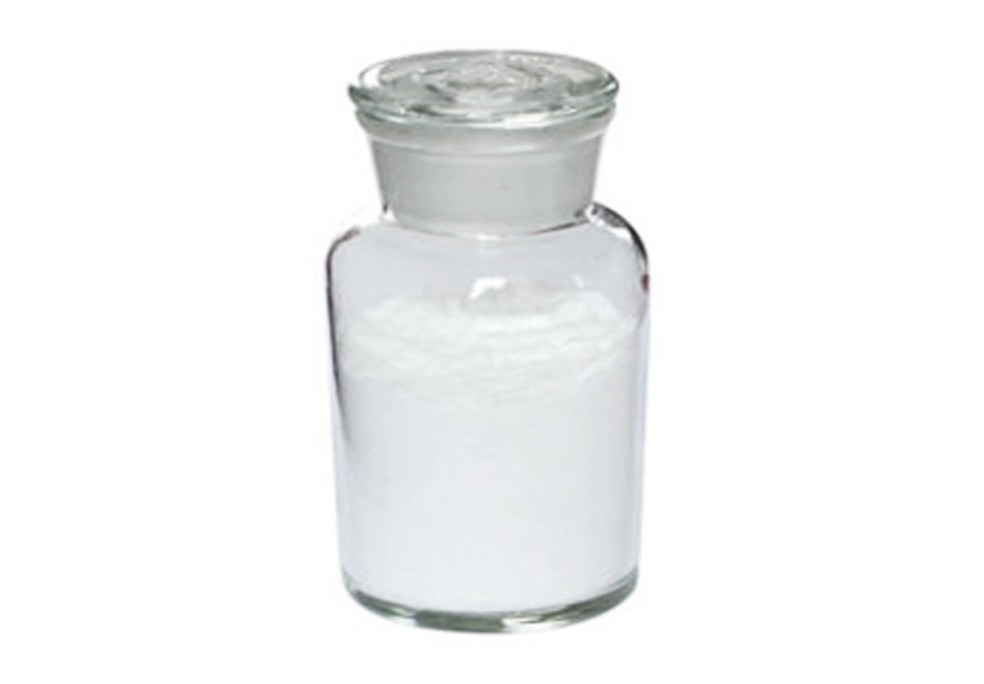Isotretinoin (POSADA), also known as 13-cis retinoic acid, is an oral pharmaceutical drug primarily used to treat cystic acne. Rarely, it is also used to prevent certain skin cancers (squamous-cell carcinoma), and in the treatment of other cancers. It is used to treat harlequin-type ichthyosis, a usually lethal skin disease, and lamellar ichthyosis. It is a retinoid, meaning it is related to vitamin A, and is found in small quantities naturally in the body. Its isomer, tretinoin, is also an acne drug.
Isotretinoin is primarily used as a treatment for severe acne. The most common adverse effects are a transient worsening of acne (lasting 2-3 semanas), dry lips (cheilitis), dry and fragile skin, and an increased susceptibility to sunburn. Uncommon and rare side effects include: muscle aches and pains (myalgias), and headaches. Isotretinoin is known to cause birth defects due to in utero exposure because of the molecule's close resemblance to retinoic acid, a natural vitamin A derivative which controls normal embryonic development.
1.Isotretinoin's main indication is for the treatment of severe cystic acne vulgaris. Many dermatologists also support its use for treatment of lesser degrees of acne that prove resistant to other treatments, or that produce physical or psychological scarring.
2.It is also somewhat effective for hidradenitis suppurativa and some cases of severe acne rosacea. It can also be used to help treat harlequin ichthyosis, lamellar ichthyosis and is used in xeroderma pigmentosum cases to relieve keratoses. Isotretinoin has been used to treat the extremely rare condition fibrodysplasia ossificans progressiva. It is also used for treatment of neuroblastoma, a form of nerve cancer.
3.Isotretinoin therapy has furthermore proven effective against genital warts in experimental use, but is rarely used due to potentially severe side effects. In a small-scale study, low dose oral isotretinoin showed considerable efficacy;
4.Isotretinoin may represent an efficacious and safe alternative systemic form of therapy for RCA of the cervix. Not many studies have been conducted to further confirm its effectiveness. In most countries this therapy is currently unapproved and only used if other therapies failed.























